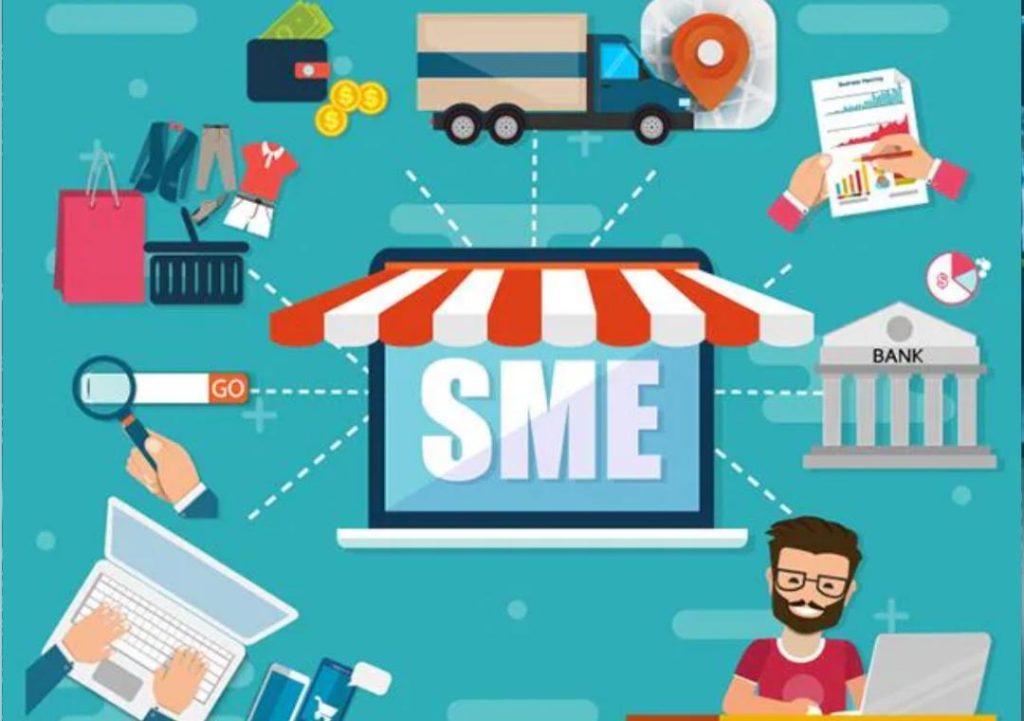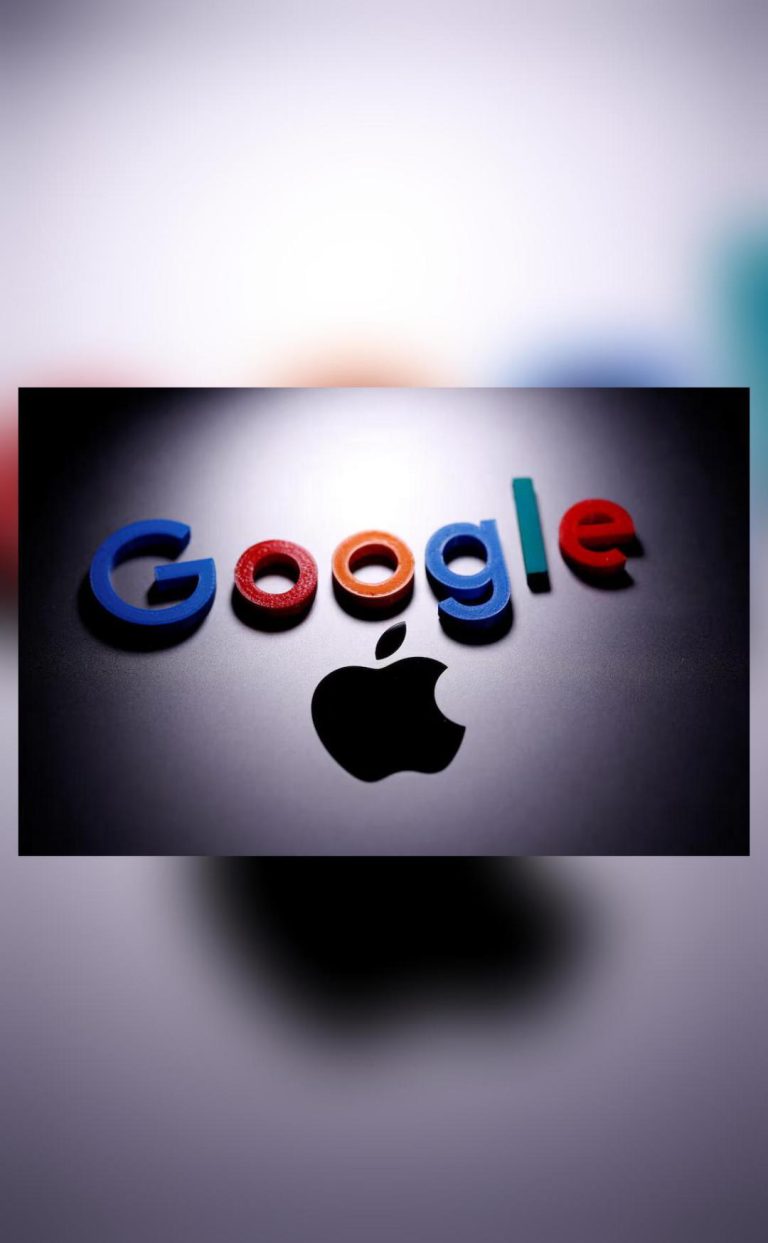
SMEs Drive Surge in B2B Solar Demand with Focus on ROI, Savings
The solar industry has witnessed a significant surge in demand from small and medium-sized enterprises (SMEs) in recent years. This shift is driven by a growing focus on sustainability and a desire to reduce operational costs. Solar startups are responding by developing tailored packages, shorter installation cycles, and ROI-focused pitch decks designed specifically for the SME segment. In this blog post, we’ll explore the reasons behind this trend and what it means for the future of the solar industry.
Why SMEs are turning to solar
SMEs are increasingly recognizing the benefits of solar energy, including significant cost savings and a reduced carbon footprint. According to the International Renewable Energy Agency (IRENA), solar power is now the cheapest source of electricity in many parts of the world, making it an attractive option for businesses looking to reduce their energy costs.
Moreover, SMEs are often more agile and adaptable than larger corporations, allowing them to take advantage of emerging trends and technologies. Solar energy, in particular, offers a unique opportunity for SMEs to differentiate themselves from competitors and establish a reputation for sustainability.
Key drivers of B2B solar demand
Several factors are contributing to the surge in B2B solar demand among SMEs. Some of the key drivers include:
- Cost savings: Solar energy can help SMEs reduce their energy costs by as much as 50%, making it an attractive option for businesses looking to cut expenses without sacrificing productivity.
- Sustainability: SMEs are increasingly recognizing the importance of sustainability and the need to reduce their environmental impact. Solar energy offers a clean and renewable source of power that aligns with these values.
- Government incentives: Many governments offer incentives and tax credits for businesses that invest in solar energy. These incentives can help offset the upfront costs of installation and make solar energy more accessible to SMEs.
- Increased energy independence: Solar energy allows SMEs to generate their own power, reducing their reliance on the grid and providing greater energy independence.
How solar startups are responding
Solar startups are responding to the surge in B2B solar demand by developing tailored packages and services specifically designed for SMEs. Some of the key strategies include:
- Customized solutions: Solar startups are offering customized solutions that meet the unique needs of SMEs. This includes providing solutions that integrate with existing energy systems and offer flexible payment terms.
- Shorter installation cycles: Solar startups are streamlining their installation processes to ensure that SMEs can get up and running quickly. This includes using pre-fabricated panels and modular designs that can be installed in a matter of days.
- ROI-focused pitch decks: Solar startups are developing pitch decks that focus on the return on investment (ROI) for SMEs. This includes highlighting the cost savings and revenue growth that can be achieved through solar energy.
- Partnerships and collaborations: Solar startups are partnering with other companies and organizations to provide a more comprehensive range of services to SMEs. This includes partnering with energy efficiency companies to provide bundled services and with financial institutions to offer financing options.
The future of the solar industry
The surge in B2B solar demand among SMEs is a significant trend that is likely to shape the future of the solar industry. As more SMEs turn to solar energy, we can expect to see:
- Increased adoption: As the benefits of solar energy become more widely recognized, we can expect to see increased adoption among SMEs and larger corporations alike.
- Improved technology: The growing demand for solar energy will drive innovation and improvements in technology, making it more efficient and cost-effective.
- New business models: The surge in B2B solar demand will create new opportunities for businesses to develop innovative new products and services that cater to the needs of SMEs.
Conclusion
The surge in B2B solar demand among SMEs is a significant trend that is driven by a growing focus on sustainability and a desire to reduce operational costs. Solar startups are responding by developing tailored packages, shorter installation cycles, and ROI-focused pitch decks designed specifically for the SME segment. As the solar industry continues to evolve, we can expect to see increased adoption, improved technology, and new business models emerge.
Source: https://www.growthjockey.com/blogs/scaling-your-solar-business-for-growth






